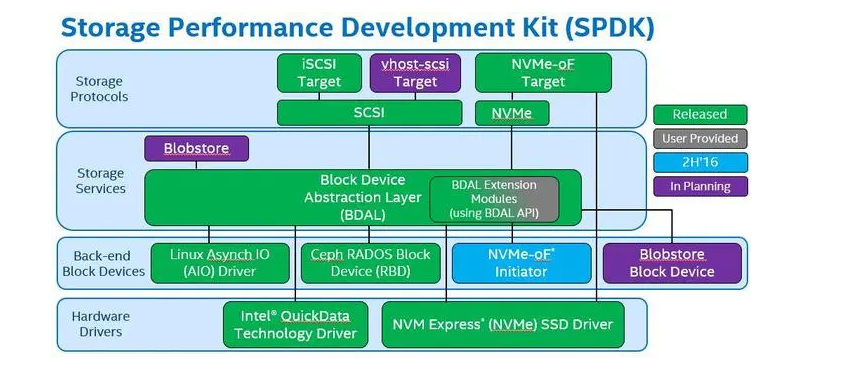To determine the correct statement regarding patient A and SNP rs5186, it’s important to know the implications of the genotypes mentioned (AA, AC, CC, TT) in relation to hypertension and sickle cell disease.
Heterozygote AC: Typically refers to having one allele for a trait (A) and another allele ©. In many cases, especially concerning sickle cell disease, this would mean the individual has one normal allele and one sickle cell allele.
Homozygote CC: Means that both alleles are C. If C represents a variant associated with high risk of hypertension, then this might indicate a high risk of hypertension if that’s the established association.
Homozygote AA: Generally considered as having two normal alleles which would not be related to sickle cell disease.
Heterozygote AC again suggests an individual with a mix but does not necessarily imply they have sickle cell disease unless specific reference is made that C is linked to such diseases.
Homozygote TT: Like AA and CC, it implies having two T alleles but typically wouldn’t relate directly to sickle cell unless specified otherwise.
Without additional context about SNP rs5186 specifically (which gene it relates to and its associations), I can provide general information:
- Sickle cell disease is primarily caused by mutations in the HBB gene on chromosome 11 leading predominantly to homozygosity for the mutation (AA -> SS genotype).
Based on typical medical genetics knowledge:
- The correct answer would likely depend on whether “C” in this context indicates a known variant related to hypertension or sickle cell anemia.
- If SNP rs5186 indeed associates with these risks:
- Statement a could potentially be true if heterozygous AC leads to elevated risk based on research findings.
- Statement b could be true if homozygous CC indeed leads to high risks associated with hypertension.
However, without specific details on what each allele signifies in terms of health outcomes from relevant genetic studies or databases specific to rs5186’s role in either condition — hypertension or sickle cell disease — we can’t definitively choose one option over another here.
Thus, based solely on common understanding of genotypes:
- e is incorrect since TT does not indicate sickle cell.
- The most defensible option generally relating back to common conditions observed may lead us towards b) regarding CC being at high risk for hypertension assuming such relationships exist within provided literature surrounding rs5186; nonetheless external reference validation is key!
If you can share more context around how SNP rs5186 relates specifically within recognized guidelines or studies linking those genotypes/alleles toward illness prevalence / susceptibility traits – it’ll help narrow down further!
内容由零声教学AI助手提供,问题来源于学员提问





















